I gave Taylor Swift’s new album, The Tortured Poets Department (which I need to stop calling The Dead Poets Society) a cursory listen Friday morning, a few hours after it was released. Maybe it was because I listened to half of the self-indulgent songs while walking my dog through a moody forest before I’d had any IRL human contact that day, but for an hour and five minutes (I haven’t made it through the extended Anthology yet, which adds fifteen extra songs), I was entranced. Tortured Poets poignantly captures the collective one-third-life crisis we millennials are experiencing together.
What Swift doesn’t acknowledge though, is what we all really need: it isn’t more romance, but religion. Taylor Swift needs Jesus.
I was prepared not to like the album. Its pretentious title had me rolling my eyes, the music is receiving mixed reviews, and my friend (and fellow Swiftie) described the work as “listless.” But song after song had me muttering to the trees, au contraire, mon frère! The music is typical Swift, in that the lyrics are highly personal, yet evoke universal themes, there’s complexity and passion, some feigned self-reflection and that signature Swift touch of melodramatic, savory language (“the saboteurs protested too much” — yes!).
Yet as someone who’s grown up with Swift’s music as a soundtrack to my life (cliché, but it’s true; she and I are virtually the exact same age), I find this album to be deeper, darker, more desperate, more serious and more meaningful. Even her voice sounds huskier (though that may be due to her bumming a few cigarettes from ex Matty Healy?) and more affecting. It shows a side of Swift that’s representative of our shared generation — one that’s not listless, per say, but rudderless. It’s not that Swift, or the rest of us millennials, aren’t trying, we just don’t know where to go or how to get there.
There’s a lot of wallowing in this album, but that’s what we look for artists to do, don’t we? Express pain in a way that lets us know we aren’t the only ones. And Swift is far from the only one. She’s captured the mood of a generation, and the bummer is that this generation’s mood is generally one of misery. The woman behind the Tortured Poets lyrics does indeed sound tormented, and a whole lot like the generation that has a higher rate of anxiety and depression than any other, a generation that’s extremely lonely and avoiding the traditions of marriage, family and church.
She’s bored (“My boredom’s bone deep”), despondent (“All my mornings are Mondays stuck in an endless February”), disenchanted with wasted love (“I’m pissed off you let me give you all that youth for free”), depressed (she sings about crying “a lot” and wails, “I’m so depressed, I act like it’s my birthday every day) and trying to cope by forcing it to work with a bad boy (“No I’m not coming to my senses / I know he’s crazy, but he’s the one I want”) and through alcohol (“I was supposed to be sent away / but they forgot to come and get me / I was a functioning alcoholic”) and “the miracle move-on drug,” the effects of which she admits were only temporary.
Like so many fellow millennials, she’s also lost between “adulting” and perpetual childhood (“My friends all smell like weed or little babies”). Swift is also, by the way, the poster girl for reproductive-aged women in their late twenties and thirties, among whom “excessive drinking and alcohol-related deaths are increasing at an alarming rate” (which Cockburn picked up on long ago — takes one to know one, yeah?).
From the sound of this album, though, Taylor Swift wants all the traditional things that made our parents and grandparents’ generations more satisfied than we millennials are. Yet such a life seems elusive. She sings of rings and cradles (in “loml”) and of the difficulty of finding a stable man free from some sort of personality disorder (“I can fix him, no really I can”) who’s not afraid of commitment (“He saw forever, so he smashed it up”). Which is what also makes me believe she’ll settle for Travis Kelce, who seems too simple to have much of any type of personality, let alone a messed-up one.
Swift is being criticized for her new album being “vicious” and for her writing “in blood.” But what do people expect? She’s a product of a generation that’s been raised largely without religion, with weak morality and with parents who didn’t set a great example for lifelong love (Swift’s own parents are divorced).
There are some duds on the album, with the title track, ironically — with the exception of the Dylan Thomas reference — being the worst of them. “You smoked then ate seven bars of chocolate / We declared Charli Puth should be a bigger artist / I scratch your head you fall asleep / Like a tattooed golden retriever” reminds me of the torturous habit some people make of telling you the dream they had, even when you weren’t in it! Swift also has another Kim Kardashian diss track on the album (“thanK you aIMee” — decode those caps). This “feud” is going on fifteen years now, girl (talk about “So High School”!). Let it go.
Swift is a tortured poet, and Tortured Poets gives the impression she’s also losing hope and turning bitter (“I was tame, I was gentle till the circus life made me mean”). But the Swifties need their hopeless romantic songbird to believe in love, even if she still sings masterfully about the sting of heartbreak.
Taylor Swift needs something bigger than her boyfriends (Matty Healy, seriously? killer sideburns aside, the guy looks like he’s just seen the sun for the first time, every time) and her vendettas. She doesn’t need to become a Christian artist (heaven forbid!), but a broader perspective on the world and life’s meaning would be helpful. And hopeful.











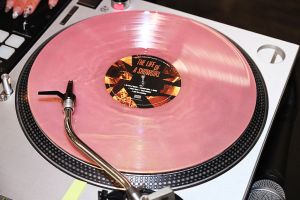

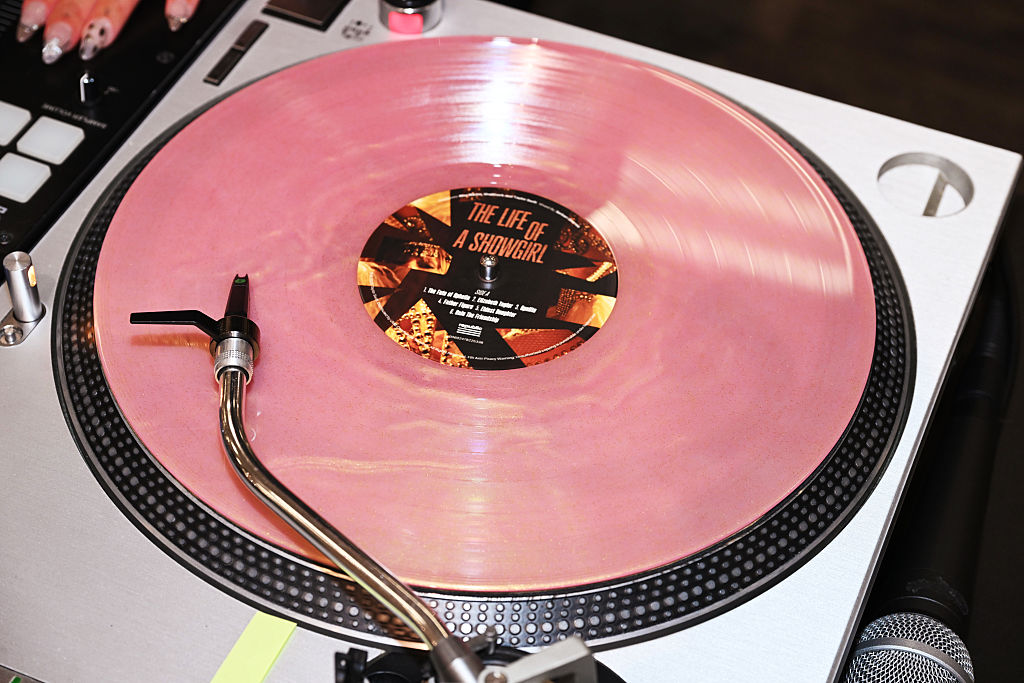
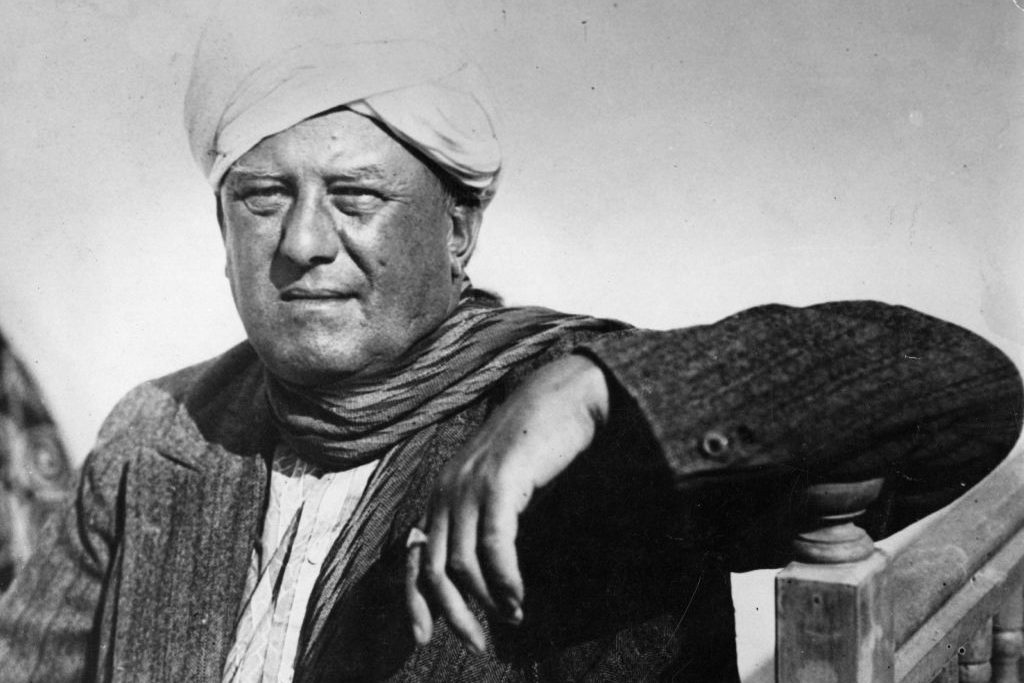
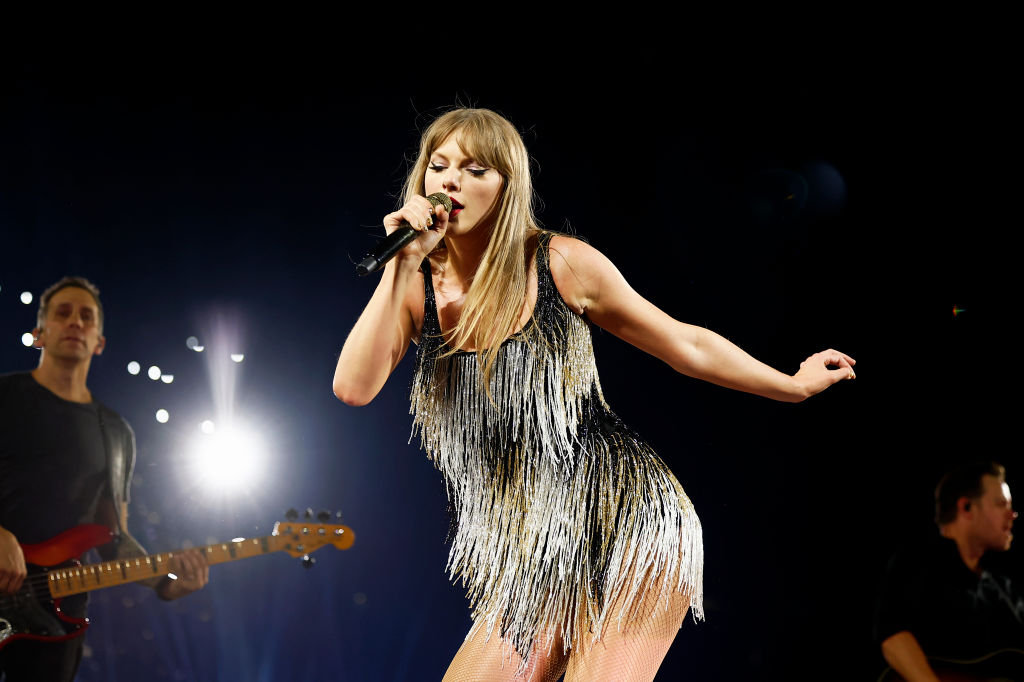

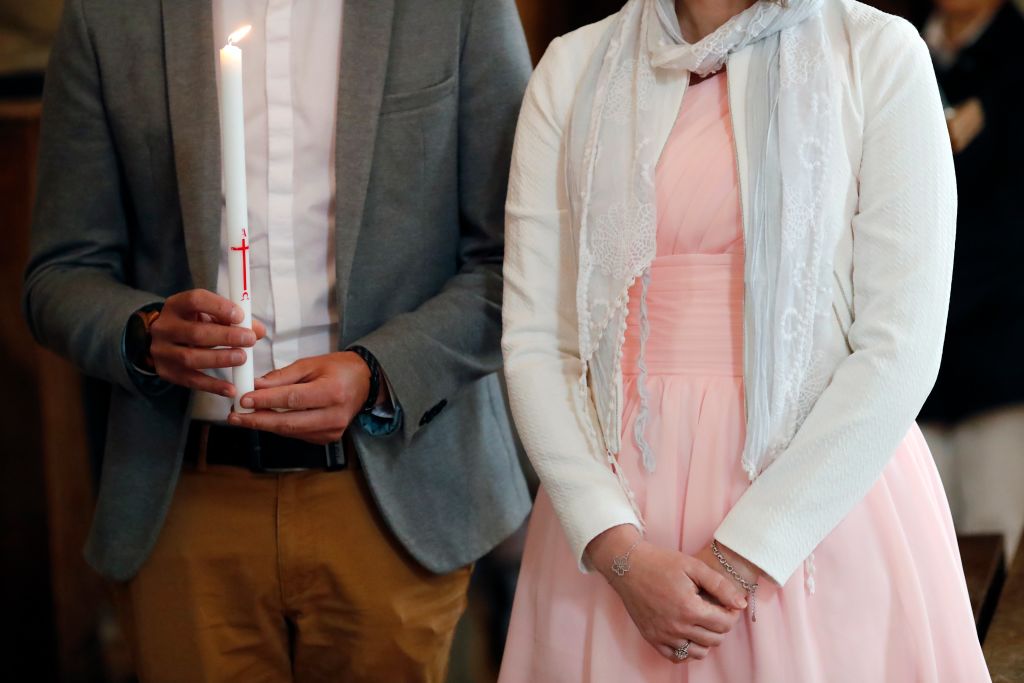








Leave a Reply